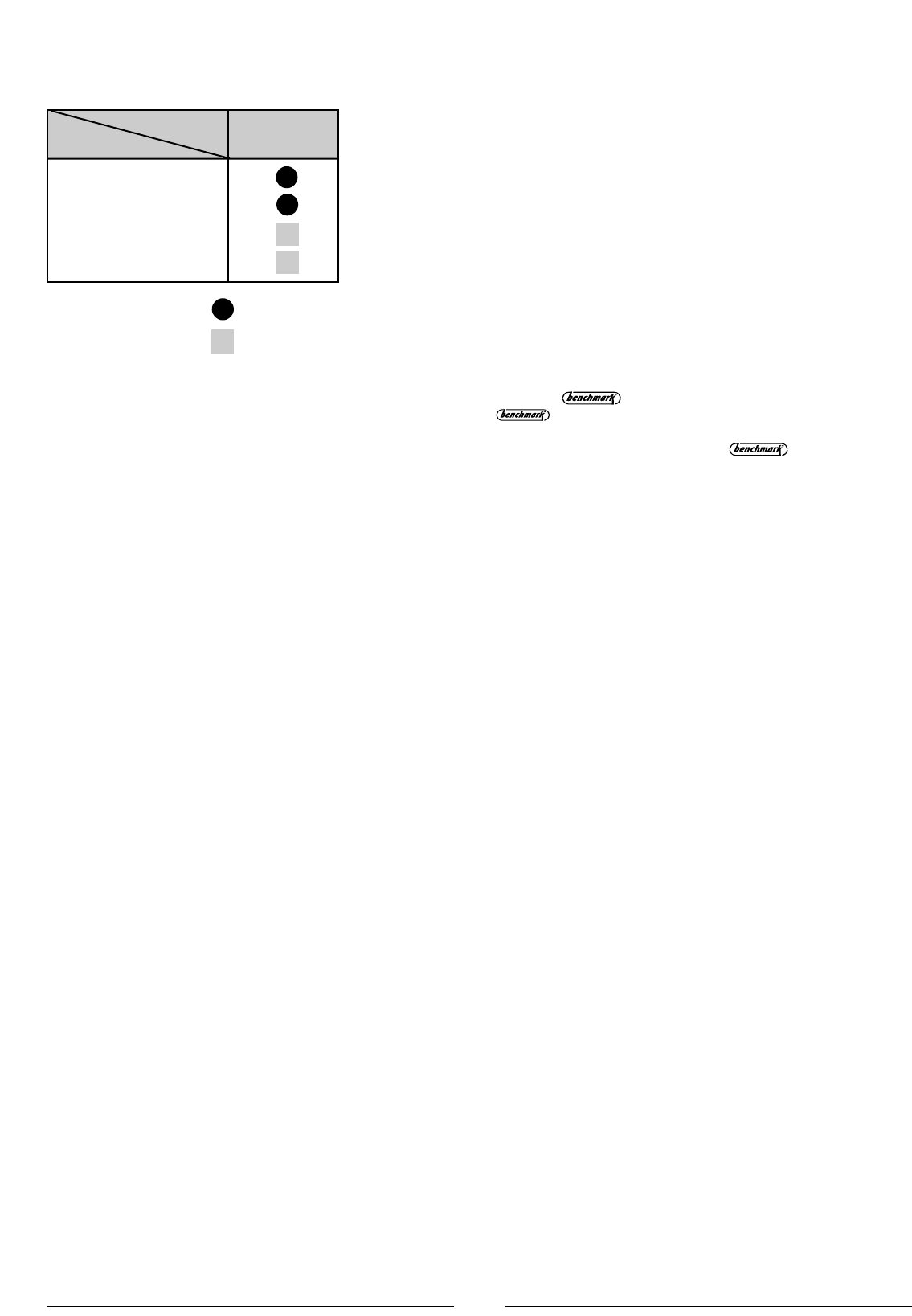
15
MTS (GB) Limited support the initiative. Within the information pack you will
find a copy of the logbook. It is important that this is completed in the
presence of your customer, they are shown how to use it, and it is signed by them.
Please instruct your customer that they must have their logbook with them
whenever they contact a service engineer or us.
Preliminary electrical system checks to ensure electrical safety must be carried out
by a competent person i.e. polarity, earth continuity, resistance to earth and short
circuit.
F
ILLING THE HEATING SYSTEM:
Remove the panels of the case and lower the control panel (see section 3.3 for
further information).
Open the central heating flow and return cocks supplied with the connection kit
(there are two isolation points on the return connection).
Unscrew the cap on the automatic air release valve one full turn and leave open
permanently.
Close all air release valves on the central heating system.
Gradually open valve(s) at the filling point (filling-loop) connection to the central
heating system until water is heard to flow, do not open fully.
Open each air release tap starting with the lowest point and close it only when
clear water, free of air, is visible.
Purge the air from the pump by unscrewing anticlockwise and removing the
pump plug and also manually rotate the pump shaft in the direction
indicated by the pump label to ensure the pump is free.
Refit the pump plug.
Continue filling the system until at least 1.5 bar registers on the pressure gauge.
Inspect the system for water leaks and remedy any leaks discovered.
G
AS SUPPLY:
Inspect the entire installation including the gas meter, test for soundness and
purge the supply as described in BS 6891:1988.
Open the gas cock (supplied with the connection kit) to the appliance and check
the gas connections on the appliance for leaks.
When the installation and filling are completed turn on the central heating system
(section 4.4) and run it until the temperature has reached the boiler operating
temperature.The system must then be immediately flushed through.
The flushing procedure must be in line with BS 7593:1992 code of practice for
treatment of water in domestic hot water central heating systems.
During this operation, we highly recommend the use of a central heating flushing
detergent (Fernox Superfloc or equivalent), whose function is to dissolve any foreign
matter that may be in the system.
Substances different from these could create serious problems to the pump or
other components.
The use of an inhibitor in the system such as Fernox MB-1 or equivalent is strongly
recommended to prevent corrosion (sludge) damaging the boiler and system.
Failure to carry out this procedure may invalidate the appliance warranty.
4. COMMISSIONING
4.1 INITIAL PREPARATION
Boiler microSYSTEM
15 RFFI
Cylinder
= Ideal
= Possible
The microSYSTEM is able to be connected to a specially designed kit for the
management of D.H.W. production.This kit gives priority to production of D.H.W. unlike
traditional systems where the boiler power is split between C.H. and D.H.W. This
generally enables a smaller storage cylinder to be chosen as the boiler’s full output
will be channelled into the cylinder allowing for a quick heat-up.
The kit (ARISTON part number 706329) can be obtained from an ARISTON supplier.
The kit consits of:
1) Electronic module able to plug into the boiler’s P.C.B;
2) 3-way priority valve with actuator for connection to the boiler’s flow outlet;
3) A limit thermostat (80˚C) to check the water temperature of the heating flow to the
cylinder, to be installed within the boiler;
4) Pipes and accessories.
Contract STI 125 Indirect
Comfort STI 125 Indirect
Contract STI 150 Indirect
Comfort STI 150 Indirect
TABLE 3.2
3.2 DOMESTIC HOT WATER
PRIORITY KIT


















